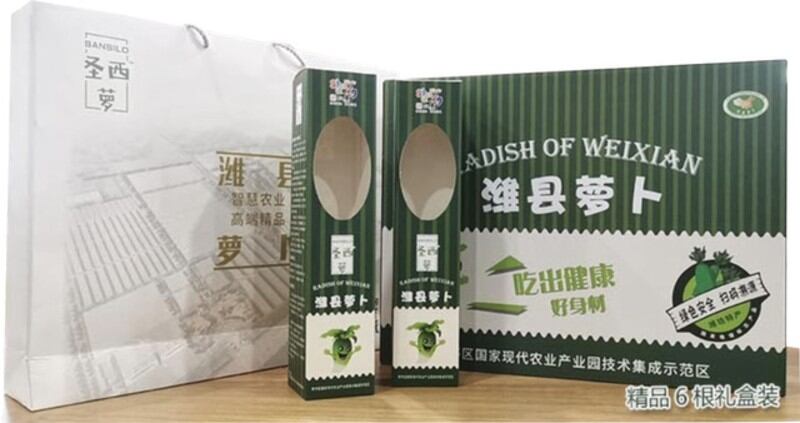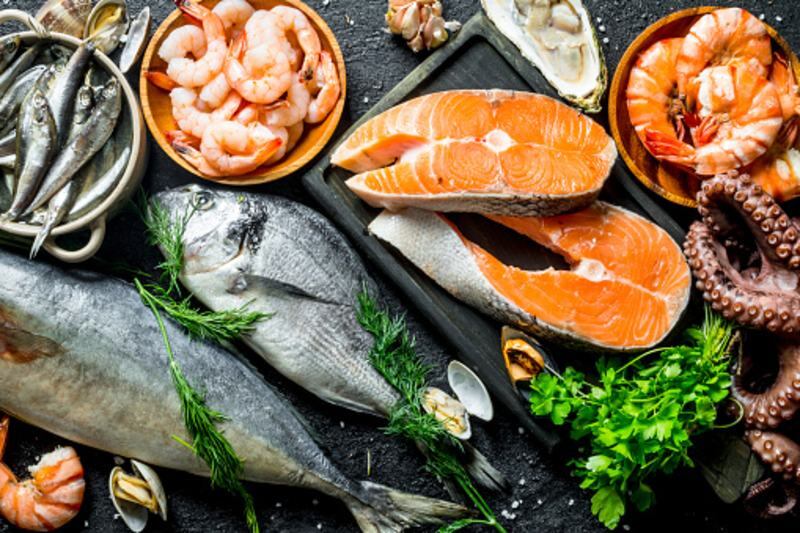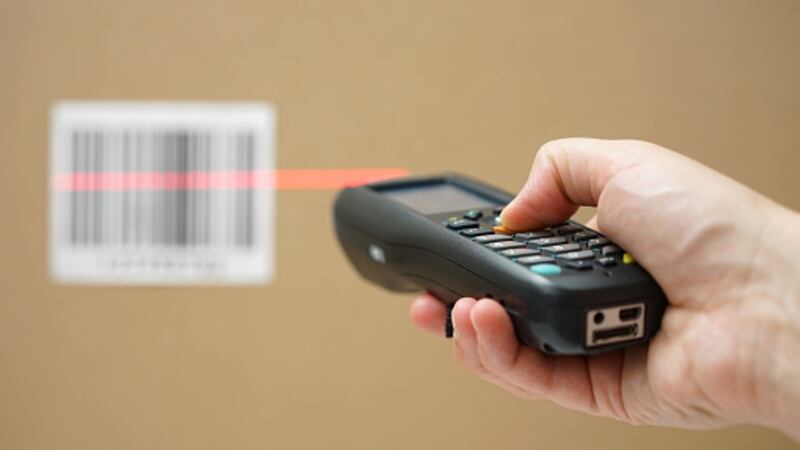This will fall under one of its National Modern Agricultural Industrial Parks, which are part of the Chinese government’s strategy to revitalize agriculture in rural communities, with some CNY5bn (US$736.4mn) in funding already poured into the construction of over 60 of these.
The park in question is located in Hanting, Shandong, and was one of the pioneering batch. This is run by state-appointed agricultural firm RunHui, which focuses on using modern technology to upgrade park quality, along with traceability technology provider Kezzler.
“We started working with RunHui over the Weixian radish previously – this is a local specialty that Weifang city in Hanting is famous for, and even has its own national geographical indicator as an ‘identity’ of sorts for the city,” Kezzler Director of Presales & Delivery Pengfei Zhang told FoodNavigator-Asia.
“The radish is famous as it can be eaten raw, like a fruit, unlike other radishes that can be spicy and strong – this is quite sweet, juicy and crunchy which is why China has recognised it as a local specialty.
“Now we’ve seen success in using our traceability platform for the Weixian radish, we are now expanding this to also track two other famous local products: The award-winning Guo brand watermelon, which is well-known for being small in size but exceptionally tasty; as well as a unique species of rice cultivated to be able to survive in seawater as the area is near to the sea and it is hard for regular rice varieties to survive here.”
The rice species is known as the ‘seawater paddy’, and was cultivated by famous Chinese agronomist Yuan Longping who is known as the ‘Father of Hybrid Rice’ locally. Yuan’s hybrid rice paddies are estimated to yield some 60% of the total rice production in China, according to Global Reach.
“All the products selected so far are high-end, premium products – this is because RunHui hopes to do direct consumer sales via their own webshop instead of via wholesale retailers, and this can only be done if these products are positioned or valued as high-end items,” said Zhang.
“It’s also only for high-end products that traceability is even required, and where there is a possible market. This is because one of the major challenges in China, especially for premium products, is profit loss from counterfeits.
“It’s difficult to tell the difference between a real Weixian radish and an outside radish until this is brought home and eaten – but the Weixian radish is planted with special fertilisers and the taste and texture is so different. So the only way for consumers to know the difference is via technology such as this.”
Kezzler’s technology includes the attachment of unique ID to every product, e.g. every radish, using a patented algorithm engine dubbed the DME (digital massive encryption) to produce many IDs in a short period of time to be used for serialisation via QR codes, RFID or other means depending on what is needed.
This enables RunHui to track the products on the journey through the supply chain, and when the radish reaches consumers, its authenticity can also be verified via a provided four digit pin number they can scratch off the label and match with the unique ID.
“The unique ID will be provided via the User Interface (UI) that pops up when consumers use WeChat to scan the QR code on the packaging. This will also give them access to information about the radish such as growth conditions, fertiliser used, harvest times, how quickly it reached the market and more,” Zhang added.
More still to come
Although the focus will remain on high-end premium produce, Zhang revealed that moving forward there are also plans to incorporate traceability for foreign fruit species grown locally in the Hanting National Modern Agricultural Industrial Park.
“Next year, we will also be expanding to include the tracing of locally planted varieties of Japanese grapes and American cherries,” said Zhang.
“We’ve also added an extension to our services in the form of a ‘miniapp’ within WeChat, which will enable more functions such as a loyalty programme and more details of the entire data chain.”
Because WeChat is so prevalent in China, there is often a reluctance to add more apps for external usage, and so ‘miniapps’ are more common, which are basically apps within the WeChat ecosystem.
“Moving forward, we also have plans to work with other National Modern Agricultural Industrial Parks in the future, but for now, we’ll be concentrating on perfecting the process here in the Hanting first and then transfer this over to other parks when the time comes,” said Zhang.





